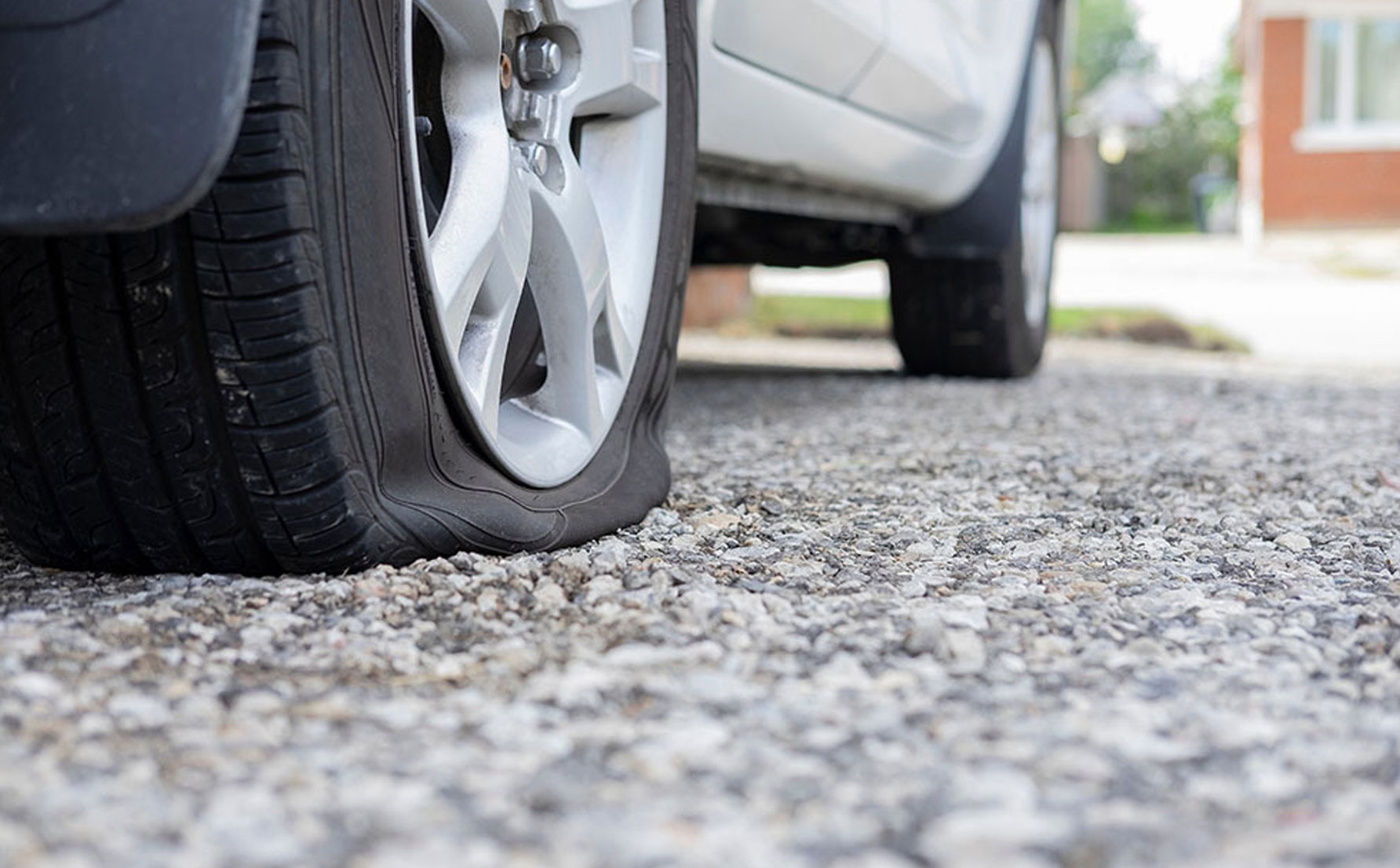No items in cart right now!
Working Hours - 8 AM To 8 PM
 October 11
October 11
Dubai’s roads are known for their high temperatures, long distances, and fast-paced traffic. While the city offers world-class highways, tyre problems in Dubai are still among the leading causes of roadside breakdowns. From punctures to blowouts, tyres endure extreme conditions that can affect their lifespan and safety.
Understanding the most common tyre issues — and how to prevent them — can save you from unexpected troubles and costly repairs. Let’s explore what causes these problems and how to keep your tyres in top shape.
High temperatures are a major challenge for Dubai motorists. Excessive heat causes air pressure inside the tyre to rise, leading to expansion and potential blowouts.
Prevention Tips:
Check tyre pressure weekly — especially during summer.
Avoid overinflating your tyres.
Park in shaded areas whenever possible.
Use tyres specifically designed for UAE’s hot climate.
Improper tyre pressure is one of the top causes of tyre problems in Dubai. Underinflated tyres cause excessive friction, while overinflated ones reduce grip and make your ride bumpy.
Prevention Tips:
Refer to your car’s manual for recommended pressure.
Check pressure when tyres are cold.
Use a reliable tyre gauge or visit a professional service.
If your tyres wear out faster on one side, it indicates alignment or suspension issues. Dubai’s road conditions — from smooth highways to sandy routes — can accelerate this problem.
Prevention Tips:
Rotate your tyres every 10,000 km.
Get your wheel alignment checked regularly.
Avoid aggressive driving and hard braking.
Sharp debris, nails, or glass on roads can easily puncture tyres. Though minor punctures are fixable, ignoring them can lead to dangerous blowouts.
Prevention Tips:
Inspect tyres frequently for embedded objects.
Avoid driving near construction zones or rough roads when possible.
Keep a tyre repair kit or contact a mobile tyre repair service in emergencies.
Tyre blowouts are sudden and dangerous, often caused by a combination of heat, high speed, and worn-out tyres. On Dubai’s highways, they can cause serious accidents.
Prevention Tips:
Never drive on worn or cracked tyres.
Replace tyres every 3–4 years or sooner if tread depth is low.
Avoid overloading your vehicle.
Dubai’s harsh sun exposure can dry out rubber, leading to cracks and weakened sidewalls. These ageing tyres are prone to failure, even if they look fine.
Prevention Tips:
Check manufacturing date (found on tyre sidewall).
Replace tyres older than 5 years.
Use tyre protectants or covers to reduce UV exposure.
Misaligned wheels cause uneven pressure on tyres, affecting handling and increasing wear. You may notice your steering pulling to one side.
Prevention Tips:
Get alignment and balancing done after every 10,000 km.
Avoid hitting curbs or potholes.
Have your suspension system inspected regularly.
Worn-out tread reduces grip, especially on wet roads. Driving with low tread increases the risk of skidding or aquaplaning during rain.
Prevention Tips:
Use a tread depth gauge (minimum safe depth: 1.6 mm).
Rotate tyres regularly.
Replace tyres once tread indicators become visible.
To minimize tyre problems in Dubai, follow these simple maintenance habits:
Check pressure and tread regularly
Avoid sudden acceleration and braking
Schedule tyre rotation and balancing
Use quality tyres suited for Dubai’s weather
Seek professional inspection every 6 months
These small steps ensure longer tyre life, better safety, and improved fuel efficiency.
Read more: The Benefits of Mobile Tyre Service UAE for Busy Drivers | 24/7 Tyre Repair & Replacement
Driving in Dubai’s heat and traffic puts your tyres to the ultimate test. But with proper care, regular inspections, and the right maintenance practices, you can avoid most tyre problems in Dubai.
Whether it’s checking air pressure, replacing worn tyres, or getting your alignment fixed, staying proactive ensures smooth and safe journeys every time you hit the road.
If you ever face a tyre issue, contact a trusted mobile tyre repair service in Dubai to get back on track quickly — because safety starts where the tyres meet the road.
Q1: How often should I check tyre pressure in Dubai?
A: Check at least once a week due to temperature changes that affect air pressure.
Q2: What is the average tyre lifespan in Dubai?
A: Typically 3 to 4 years, depending on driving habits and maintenance.
Q3: How can I tell if my tyres need replacement?
A: Look for worn tread, cracks, or vibration while driving — these are clear warning signs.
Q4: Are nitrogen-filled tyres better for Dubai’s heat?
A: Yes, nitrogen maintains stable pressure and reduces the risk of overheating.
Q5: Should I rotate my tyres regularly?
A: Yes, rotating every 10,000 km ensures even wear and longer tyre life
leave a comment